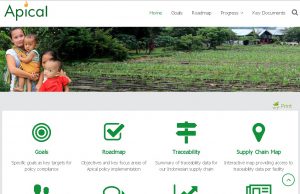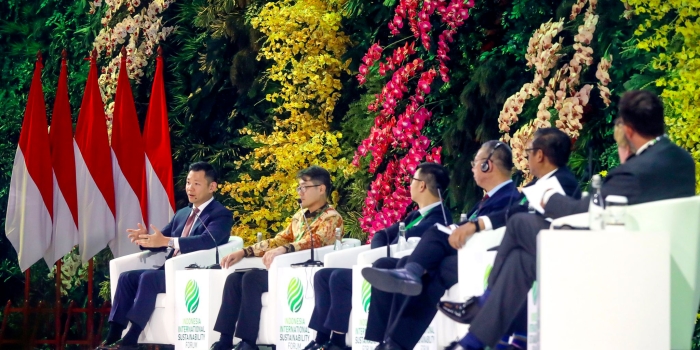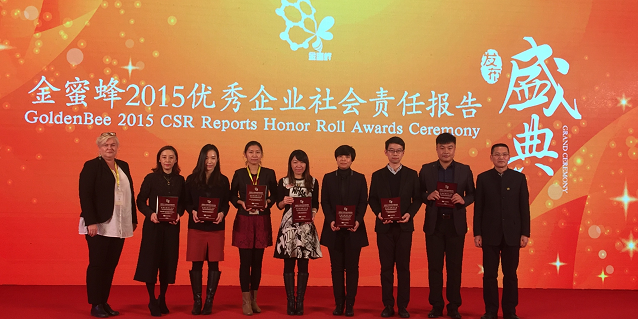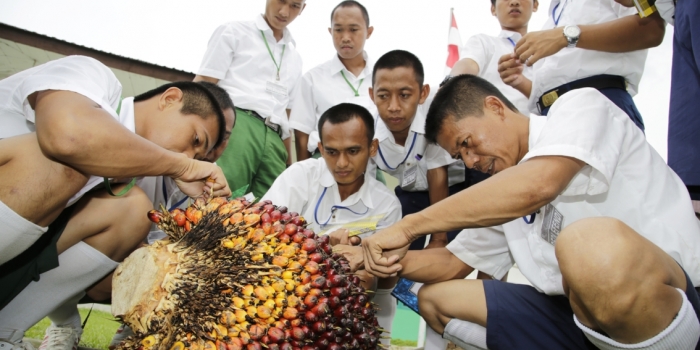Abundant sunshine, regular rainfall and tropical climate are fecund conditions for the growth of oil palm, and nowhere do the oil palm flowers bloom more proudly than along the tropical equator belt.

Apical, one of the largest exporters of palm oil in Indonesia, has embedded sustainability into the core of its operations
Not taking the naturally favorable conditions for granted, Apical, one of the largest exporters of palm oil in Indonesia, has embedded sustainability into the core of its operations. For example, as early as in 2014, Apical had committed to building a traceable and transparent palm oil supply chain that protects high conservation value (HCV) areas and high carbon stock (HCS) areas, protects of peat regardless of depth, and drive positive socio-economy impact for people and communities.

Apical is taking its sustainability commitments to the next level by enhancing the dashboard by increasing the types of content available and by improving the accessibility of the content
In early 2016, Apical worked with its consultant The Forest Trust (TFT) to create the first version of its sustainability dashboard. Today, Apical is taking its sustainability commitments to the next level by enhancing the dashboard through increasing the types of content available and by improving the accessibility of the content. The enhanced sustainability dashboard helps Apical communicate more effectively through a more user-friendly interface consistent with its communication strategy to target users including bankers, investors, civil society groups, buyers, suppliers and media.

The enhanced sustainability dashboard helps Apical communicate more effectively through a more user-friendly interface consistent with its communication strategy to target users including bankers, investors, civil society groups, buyers, suppliers and media
Examples of information available on the dashboard include traceability data for the company’s Indonesia supply chain, and an interactive map providing access to traceability data per facility. Also accessible online are progress updates related to grievances raised against the company or its suppliers, as are policies, guidelines and toolkits for Apical’s suppliers.
“Apical already has a robust sustainability policy in place,” said Dato’ Yeo How, President of Apical Group. “We want to raise the bar by keeping ourselves accountable to the goals we have set, and to make that progress transparent and accessible to our partners and stakeholders through an online dashboard.”

Examples of information available on the dashboard include traceability data for the company’s Indonesia supply chain, and an interactive map providing access to traceability data per facility
Apical is part of RGE. Founded by entrepreneur Sukanto Tanoto, RGE manages a group of world-class companies in the resource-based manufacturing industry.
Join Apical on its sustainability journey at http://www.sustainability.apicalgroup.com/










